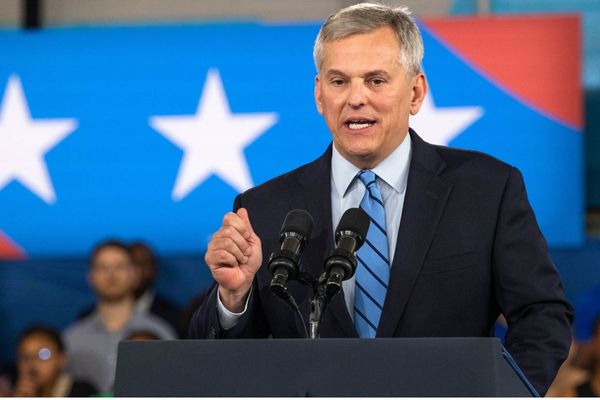
Consumer confidence showed a modest improvement in the past week, buoyed by the latest employment figures, but remained mired in deep pessimistic territory in the face of rising inflation and interest rates.
The ANZ-Roy Morgan consumer confidence index rose 1.6 per cent to 81.7, a partial recovery from the 7.6 per cent slump a week earlier to its lowest level since April 2020.
Last week’s labour force figures showed employment jumped by 60,600 in May, keeping the unemployment rate at a near-50 year low of 3.9 per cent.
However, household inflation expectations jumped 0.3 percentage points to 5.9 per cent as average petrol prices increased over the week.
The Australian Institute of Petroleum said the average for national petrol prices rose 6.5 cents to 205.5 cents per litre in the week to June 19, and closing in on levels prior to fuel excise being cut in March.
The “current” and “future economic conditions” subindices of the survey dropped for a third consecutive week.
“Central banks across the world, including the RBA, became increasingly hawkish about bringing inflation under control, causing uncertainty about economic growth,” ANZ head of Australian economics David Plank said.
Reserve Bank governor Philip Lowe will get a chance to prepare Australians for an environment of high inflation and rising interest rates when he addresses a forum in Sydney.
In a rare TV interview last week, Dr Lowe said the central bank board would do what was necessary to bring inflation under control, warning the cash rate could reach 2.5 per cent but gave no time frame for such a move.
He told the ABC’s 7.30 program he expected inflation to reach seven per cent by the end of the year, compared with a previous forecast of six per cent, and more than double the two to three per cent target.
It compelled the RBA to lift the cash rate by a larger than expected 50 basis points at this month’s board meeting.
On Tuesday, the governor will deliver an address on the economic outlook and monetary policy at a Sydney event co-hosted by the American Chamber of Commerce In Australia, and ANZ.
The RBA will also release the minutes of its June board meeting, which may provide a further insight as to why the cash rate was raised by 50 basis points, the biggest rise since February 2000, rather than the expected 25 basis points.
Economists are predicting a further 50 basis point increase in July and possibly another in August, which would take the cash rate to 1.85 per cent, having been at a record low of 0.1 per cent a few months ago.







